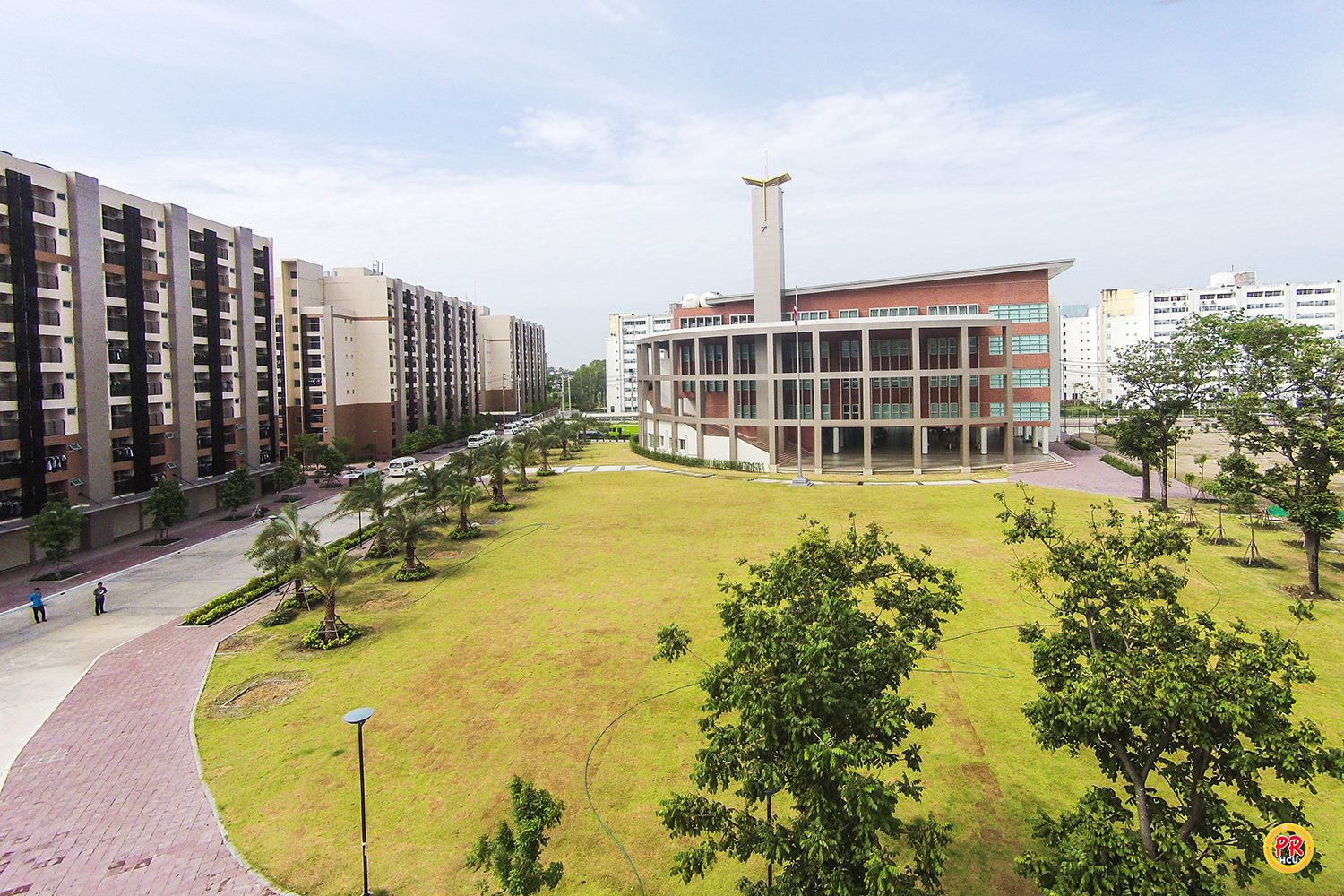
HCU SDG NEWS
Huachiew Chalermprakiet University Revitalizes Brownfield Site to Expand Campus and Facilities Samutprakarn, Thailand —
In a forward-thinking move to support campus expansion while promoting sustainable land use, Huachiew Chalermprakiet University (HCU) recently transformed an unused property into a thriving campus site. Originally a condominium complex abandoned following the 1996 economic crisis, the property was repurposed after thorough evaluation for occupancy. New structures were constructed as needed, while some of the original buildings were carefully repaired and integrated into the university’s plans. The revitalized site now houses HCU’s General Education Building, international male and female dormitories, the Srivaree Pavilion Hotel and Training Center, the HCU Health Center, and a new canteen.

The decision to build on this brownfield site—rather than expanding into untouched land—highlights HCU’s commitment to sustainable urban development. By repurposing existing structures and integrating new ones where necessary, HCU not only preserves valuable undeveloped land but also revitalizes an area that had long sat unused, breathing new life into the local community.
This innovative project underscores the significance of sustainable campus development by minimizing environmental impact, supporting local infrastructure, and fostering a responsible use of resources. HCU’s transformation of the brownfield site into a bustling academic and residential hub exemplifies a model for environmentally conscious expansion that benefits both the university and the broader community.
